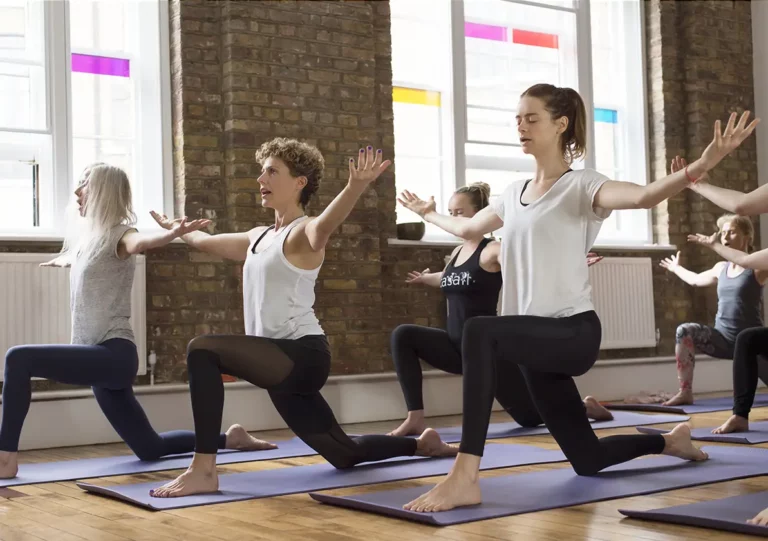This makes me deeply and irrevocably angry. I’ve been a psychologist for 25 years: inpatient hospitals on the South Side of Chicago, outpatient settings, organizations, and private practice. Then over a decade combining yoga directly into psychotherapy. Then yoga therapy. And then embodiment. After all these years and all the collaborations, discussions, and research, I’m convinced we’re only seeing part of the picture.
We call it ‘mental illness’, as though health happens just in the mind. We call it a ‘brain disease’, as though depression and addictions are simply problems with the brain (emerging research shows this is NOT the case, as the books ‘The Biology of Desire’ and Gabor Mate’s ‘In the Realm of Hungry Ghosts’ imply). We offer hotline numbers, we try to raise awareness about mental health, we say ‘you are not alone’, and then we treat this illness as though you ARE alone, as though it’s an individual disease. We offer psychotherapy, medication, yoga and nutrition all to the individual – and when they don’t get better, we write beautiful eulogies for those who take their own lives. We lament their deaths and say how much we wish they’d asked for help. This is NOT WORKING.
The World Health Organisation has said that by the year 2020, depression will be the number 2 problem ON THE PLANET! We live in a culture that emphasises the individual to the exclusion of the collective. That values productivity over simply being. That rewards us for documenting our lives instead of living them. What we call ‘mental illness’ is a social disease; the illness is in the system, not the individual. Many other cultures know this. Our deliberate forgetting of it, our collective disembodiment, also gives us the social diseases of racism, interpersonal violence and social inequity. It’s the system that’s broken, and until we stop forgetting that we’ll be lobbing the best of treatments at the individual, hoping something sticks. We know this in psychology, which is why we treat the whole family when possible. But we need to think beyond the family.
In order for everyone to get better – not just you and me and the people we care about in our immediate lives – we might want to consider what we have to give up. Maybe, in order to change the system, we need to give up a little of the sense of ‘I, me, and mine’ that we have as an individual struggling. That’s not facile or simple, but necessary, and referenced in the dismantling of other social structures too.
We need to give up the hero’s journey – maybe the only solace we have in our suffering – for the heroes’ journey. To borrow a phrase from mythologist Joseph Campbell, ‘the hero has thousands and thousands of faces.’ And, I’d say, only one of them is our own.
This isn’t just a ‘love more’ missive. It’s the system that’s broken, and until we stop forgetting that, we’ll be lobbing the best of treatments at the individual, hoping something sticks. We know this in psychology, which is why we treat the whole family when possible. But we need to think beyond the family.
We are One Body. And until we realise that, we’ll be mourning the loss of these beautiful lives and forgetting the greater losses they represent.
I’m not saying that psychotherapy doesn’t help; after all, that was my first chosen profession, and I’ve been in therapy myself, nearly two decades’ worth. And I’m not saying that medication doesn’t work; it can (concerns about its efficacy aside). I’m not saying that there’s only one cause and that it’s social. But the individual can’t suffer like this without the system being broken. And there’s a huge connection between depression and interpersonal violence, and they have to do with this systemic brokenness.
Bo Forbes is leading a 3-day immersion focusing on yoga, science, psychology and social justice from 3rd – 5th August. To find out more and book, please click here.










